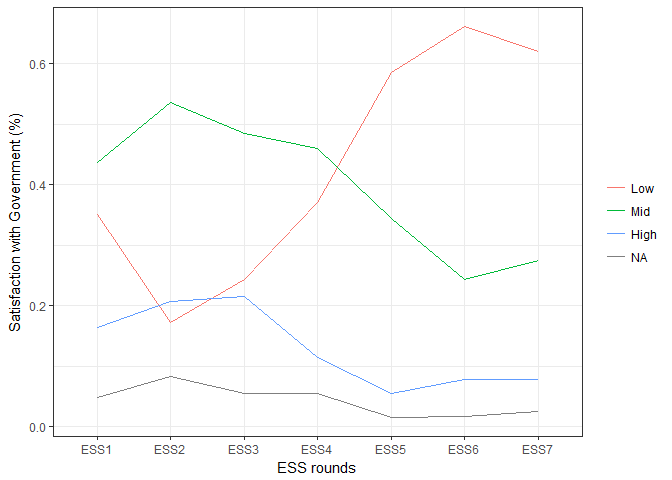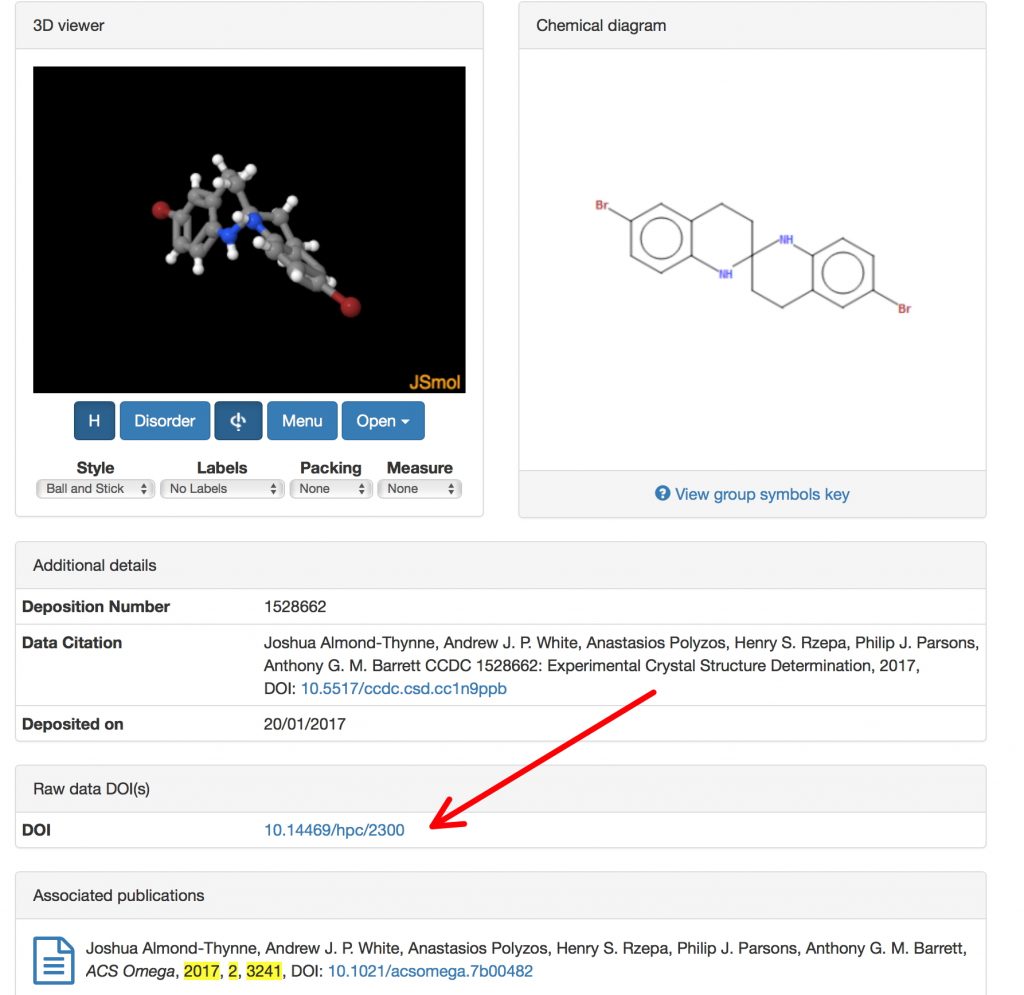
Introduction I never thought that I’d be programming software in my career. I startedusing R a little over 2 years now and it’s been one of the most importantdecisions in my career. Secluded in a small academic office with no oneto discuss/interact about my new hobby, I started searching the web fortutorials and packages. After getting to know how amazing and nurturingthe R community is, it made me want to become a data scientist.
